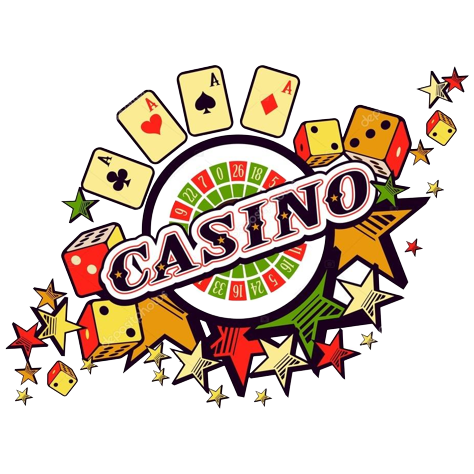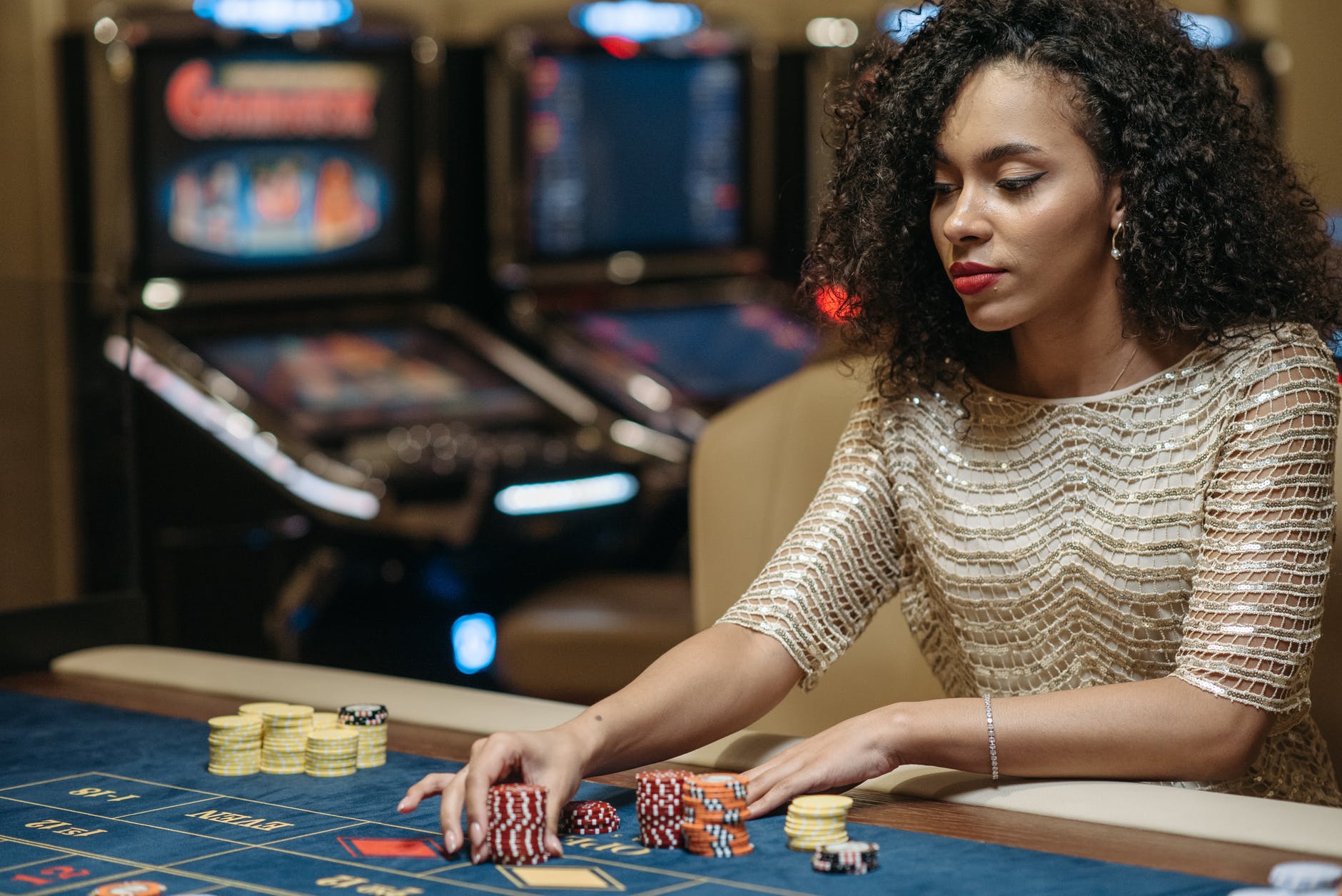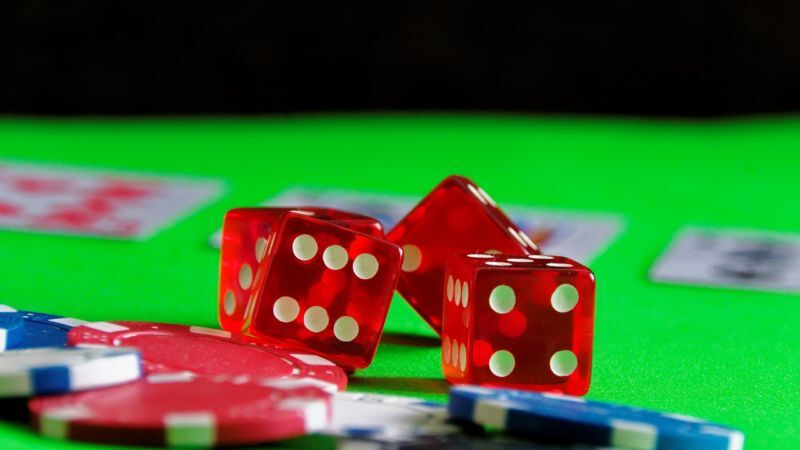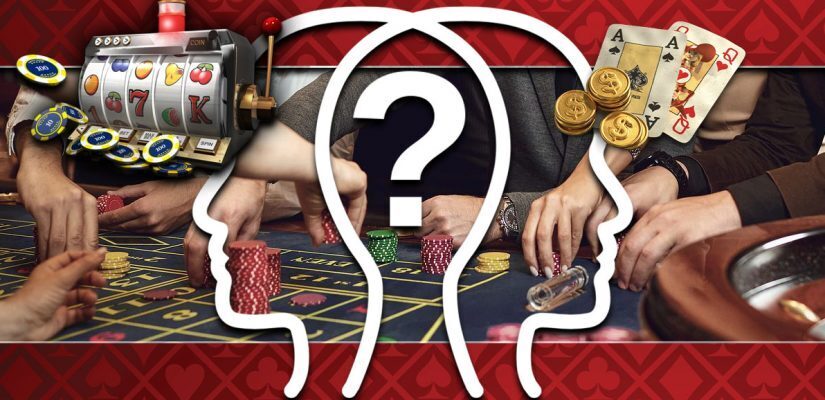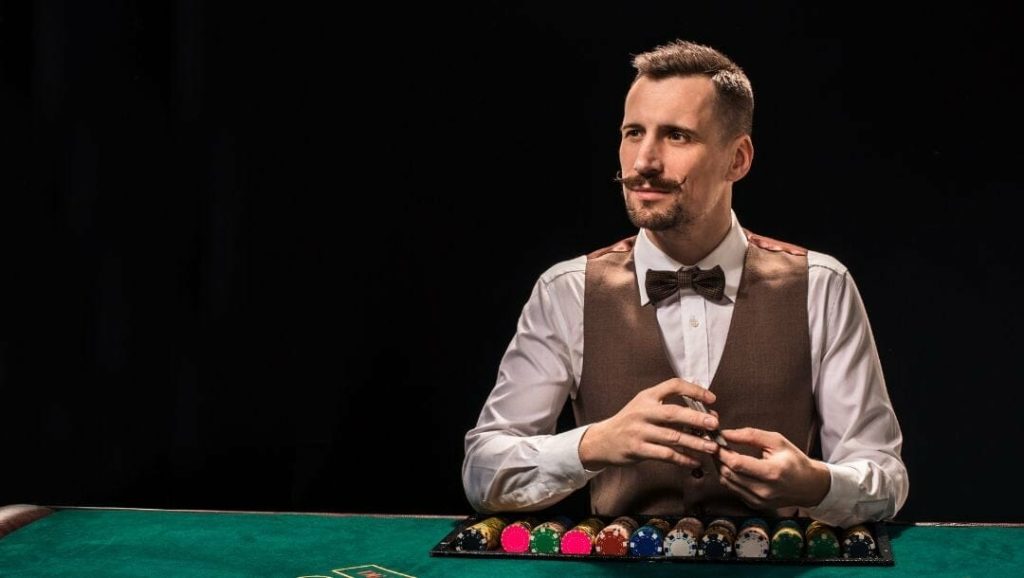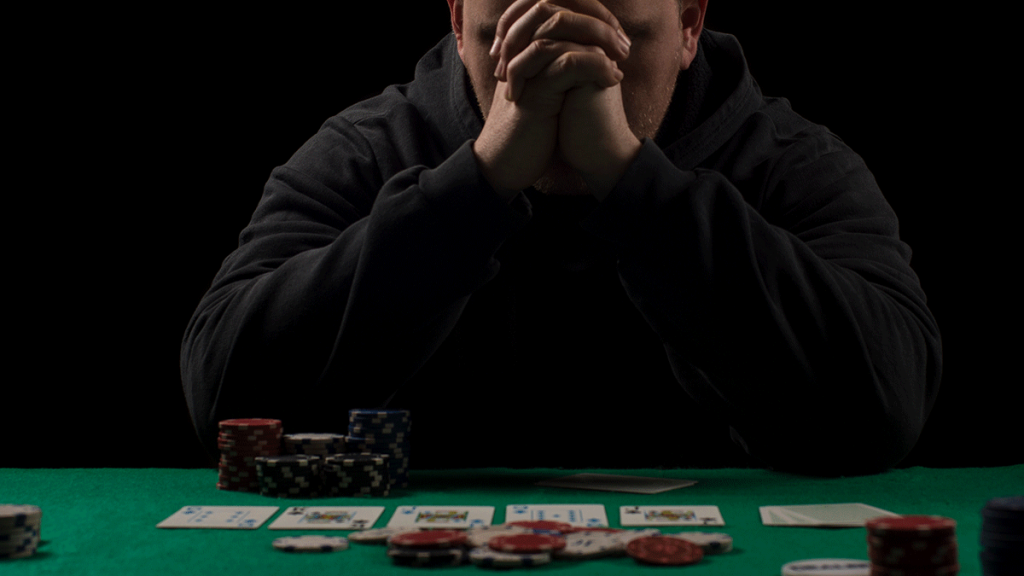Increasing Preoccupation with Gambling
One of the most prominent signs of problem gambling is an increasing preoccupation with gambling activities. Problem gamblers often find themselves thinking about gambling excessively, even when not actively engaged in it. They may constantly plan their next gambling session, reminisce about past wins or losses, or contemplate strategies to improve their odds.
This preoccupation can lead to neglecting other responsibilities, such as work, relationships, or personal well-being. Problem gamblers may experience restlessness, irritability, or anxiety when unable to engage, further fueling their desire to gamble excessively.
Inability to Control Gambling Behavior
Another clear sign of problem gambling is the inability to control one’s gambling behavior. Problem gamblers often struggle to set and maintain limits on their gambling activities. They may initially plan to gamble for a short period but spend much longer than intended, chasing losses or seeking that elusive big win.
The lack of control over gambling behavior can result in financial difficulties, strained relationships, and even legal troubles. Problem gamblers may borrow money, sell possessions, or engage in fraudulent activities to finance their gambling habits. This compulsive behavior can lead to a downward spiral, causing significant distress and negatively impacting various areas of their lives.
Escalating Consequences and Denial
The third sign to look out for is escalating consequences and denial. Problem gamblers often experience mounting negative consequences but find it challenging to acknowledge the severity of their problem. They may dismiss concerns raised by loved ones, downplay the impact of their actions, or become defensive when confronted about their gambling behavior.
As problem gambling progresses, the consequences become more evident, affecting the individual and those around them. Financial hardships, relationship breakdowns, loss of employment, and mental health issues can all arise from untreated problem gambling. Denial acts as a defense mechanism, allowing the problem gambler to maintain their destructive behavior while minimizing its effects.
Seeking Help and Support
Recognizing the signs of problem gambling is crucial, but addressing the issue and seeking appropriate help and support is equally important. If you or someone you know is struggling with problem gambling, consider the following steps:
Acknowledge the Problem
The first step towards recovery is acknowledging the presence of a gambling problem. This requires honest self-reflection and acceptance that gambling has become detrimental to various aspects of life.
Reach Out to Support Networks
Don’t face problem gambling alone. Contact trusted friends, family members, or support groups who can provide understanding, empathy, and guidance. Professional help, such as therapists, counselors, or addiction specialists, can also offer valuable assistance.
Explore Treatment Options
Numerous treatment options are available for problem gambling, including therapy, support groups, and rehabilitation programs. These resources can provide strategies for managing cravings, developing healthier coping mechanisms, and rebuilding life outside gambling.
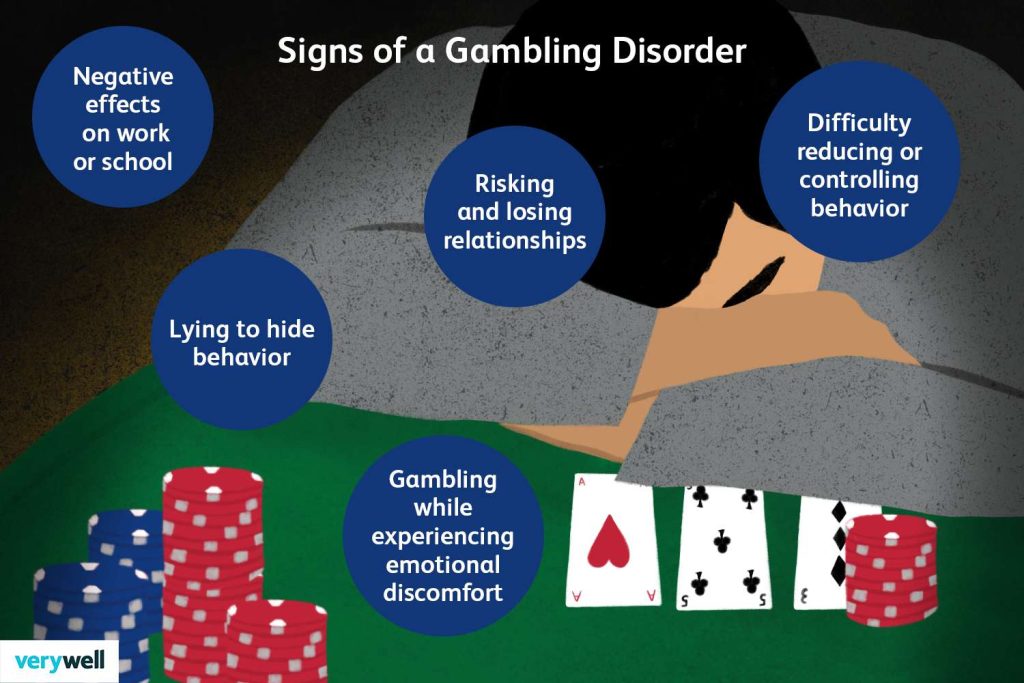
Establish Boundaries and Seek Financial Guidance
Setting strict boundaries around gambling activities is essential for regaining control. Consider self-exclusion programs that restrict access to gambling establishments. Seeking financial guidance from professionals can also help manage debts and create a stable financial plan.
Maintain a Supportive Environment
Recovery from problem gambling requires a supportive environment. Surround yourself with individuals who understand your challenges and are committed to your well-being. Encourage open communication and engage in activities that promote a healthy and balanced lifestyle.
Conclusion
Problem gambling can have devastating consequences for individuals and their loved ones. By recognizing the signs of problem gambling and taking proactive steps toward recovery, individuals can regain control of their lives and establish healthier relationships with gambling. Remember, reaching out for help is a sign of strength, and numerous resources are available to support you on your journey to recovery.
